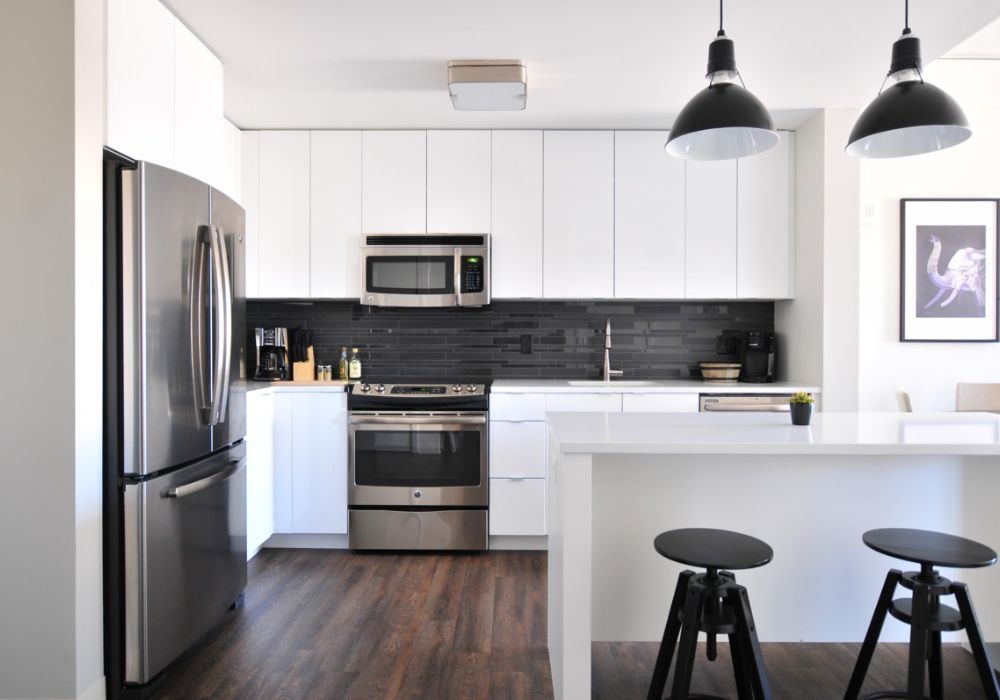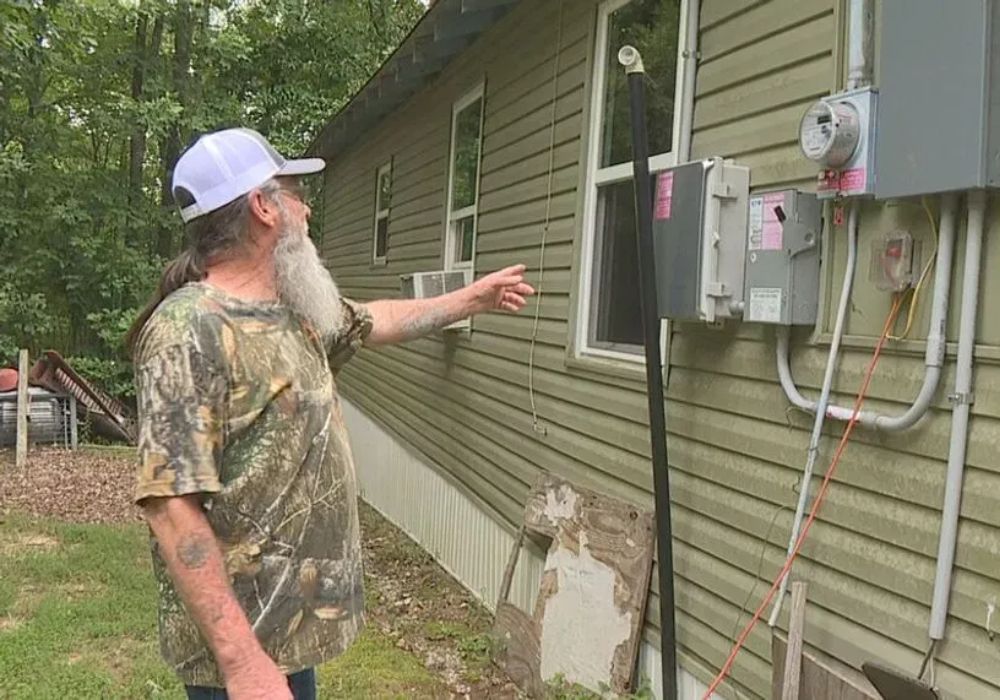As a tenant renting an apartment, you may wonder about the extent of your landlord's ability to grant police access to your home. While landlords own the property, tenants are also afforded privacy protections when it comes to unlawful searches and seizures.
In this article, we will explore the complex issue of whether and when a landlord can allow the police to enter a rented apartment.
Can landlord let police into my apartment?
In most cases, a landlord's consent alone is not enough to allow the police to legally search a rented apartment. As the occupying tenant, you have an expectation of privacy in your home that is protected by the Fourth Amendment.
Simply because the landlord owns the property does not mean they can approve warrantless searches of areas exclusively used by tenants.
The police generally need a warrant or the tenant's consent to lawfully enter and investigate within the apartment.
Related: Are Landlords Notified When Police Are Called?
What if the police have an emergency?

There is an exception if the police are responding to an emergency situation that requires immediate action, such as responding to cries for help or the sound of gunshots.
In an emergency scenario where there is a risk of danger to life, a landlord would be permitted to provide access to common areas like building hallways in order to conduct a safety check.
However, the police still could not perform a search of the tenant's private living space without a warrant or the tenant's approval.
After an eviction, can the landlord consent?
If a tenant has been fully and lawfully evicted from the property, the landlord regains control and access. At this point, once a tenant's belongings have been removed, the landlord can authorize the police to enter and search the now vacant apartment.
A key factor is how far along the eviction process is - an eviction notice alone does not relinquish a current tenant's rights. The eviction must be complete through the legal process before a landlord has the power to consent to police searching the premises.
What about access to common areas?
Shared spaces like hallways, laundry rooms, and package rooms that all tenants use are considered to be within the partial control of the landlord. Therefore, a landlord's go-ahead would permit police access to common areas for investigative purposes.
For example, if a crime was reported in the building, officers could enter hallways and check for evidence with approval from the property owner. However, they still could not investigate within any individual private apartments without a warrant or resident consent.
Does maintenance or repairs allow access?
If the landlord needs to enter a rental unit for maintenance, repairs, or an inspection required by law, they would be permitted to do so as long as proper notice is provided to tenants as stipulated in the lease. Police accompanying the landlord for safety during such permitted access would also be allowed.
However, officers could not use this as an opportunity to conduct an investigative search themselves without separate approval from the tenant or a warrant. Their role would be limited to standing by while maintenance is performed.
What if drugs are found in common areas?
If during lawful access to common spaces like hallways, the landlord or police happen to discover drugs or other illegal items, this evidence could potentially be used against the responsible tenant.
Since common areas are not considered private dwelling spaces for any single resident, items found there with permission of the landlord who controls it would not be deemed "unlawfully obtained" without a warrant.
However, further investigation still could not extend into tenants' apartments without their consent.
Can video surveillance records be shared?
Security camera footage from common areas that a landlord control and monitors for safety and crime prevention could also potentially be shared voluntarily with law enforcement without a warrant.
Since tenants lack an expectation of complete privacy in spaces viewable to others, video or photo evidence from surveillance of hallways, entries, and so on would not be protected if the landlord allowed police access in an investigation.
However, private living quarters could not be surveilled without permission.
Conclusion
In conclusion, while landlords own the property, tenants are afforded strong privacy protections regarding their rented living spaces. A landlord generally cannot approve warrantless police searches or access within an apartment. Exceptions exist for emergencies, post-eviction access, and evidence or footage lawfully obtained from common areas.





